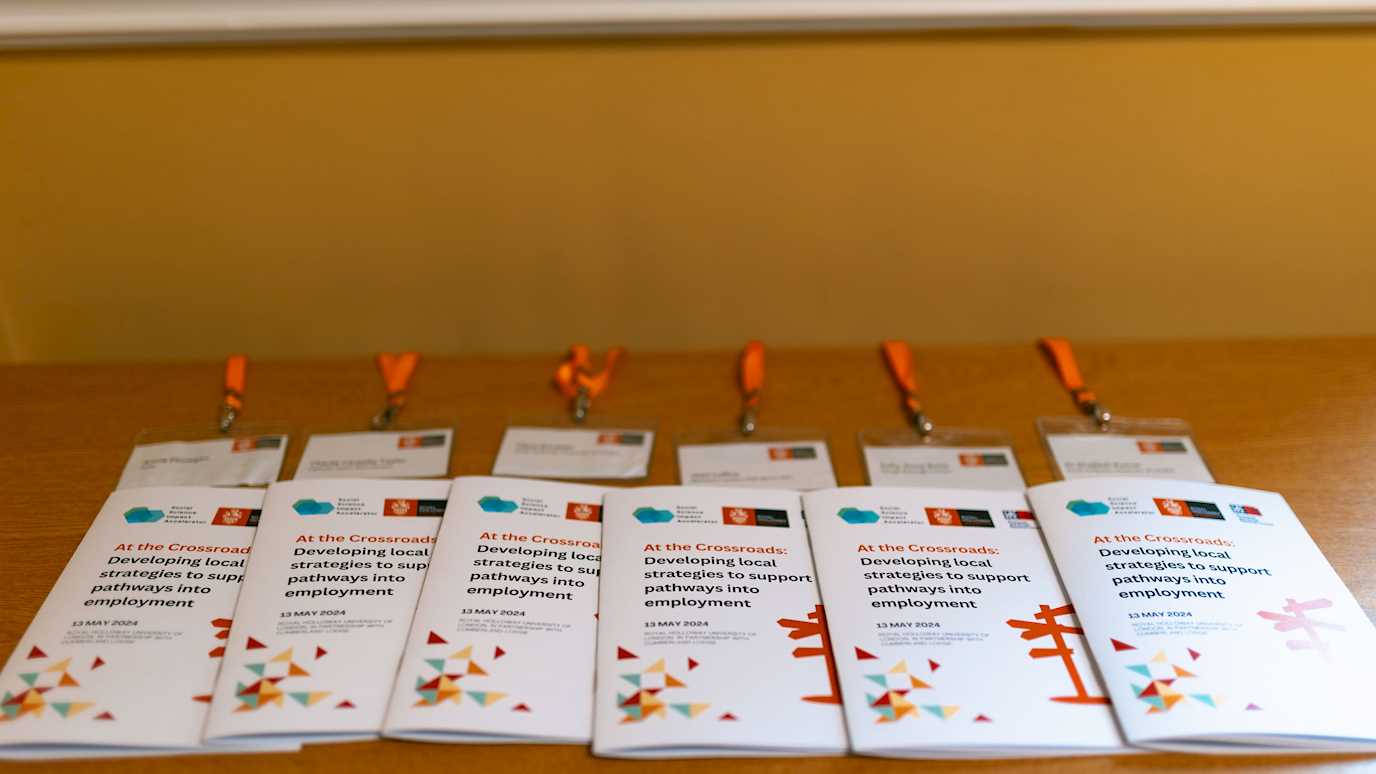Dr Vaccari will present a paper with Dr Tara Van Ho (University of Essex) on 11-12 September 2023 in Tokyo (Japan). The paper is titled “Insolvency law through the lens of human rights theories”.

Dr Eugenio Vaccari (Senior Lecturer in Law at Royal Holloway, University of London, UK) and Dr Tara Van Ho (Senior Lecturer at the School of Law, University of Essex, UK) are pleased to announce that their proposal for a paper titled “Insolvency law through the lens of human rights theories” has been accepted by the organisers of the 2023 INSOL International Academic Colloquium.
The Colloquium, which will take place in Tokyo (Japan) on 11-12 September 2023, will provide a unique forum for the exchange of information and ideas among professionals from other jurisdictions who need to understand the insolvency laws and practices of other countries.
In our paper, we investigate how a true, individualist-maximiser and difference-enhancer insolvency system would look like by analyzing the treatment of selected creditors, not categories of them. Its main argument is that a business and human rights approach to insolvency suggests that collective (but not collectivist) procedures could not, and ought not, depart from the individual pre-bankruptcy entitlements negotiated by the parties in solvent times.
One of our main arguments is that, while there is a presumption that parties freely and individually negotiated such entitlements to their best interest, this presumption is rebuttable. Departures should happen when it is demonstrated that parties have not taken differences into account in their negotiations, with the result that not everyone was given a truly fair and equitable (rather than egalitarian) chance to succeed.
This paper conducts a business and human rights critique of the English corporate and insolvency frameworks, and it refers to recent seminal decisions from the UK Supreme Court in cross-border cases such as Okpabi[1] and Vedanta.[2] By presenting at this conference, we aim at getting feedback on some of the proposals we make to expand our research to other jurisdictions. These proposals include the requirements to introduce human rights due diligence and human rights impact assessment for controversial cases where parent companies knowingly encouraged human rights breaches by their subsidiaries to maximise the profits at the level of the parent company.




























